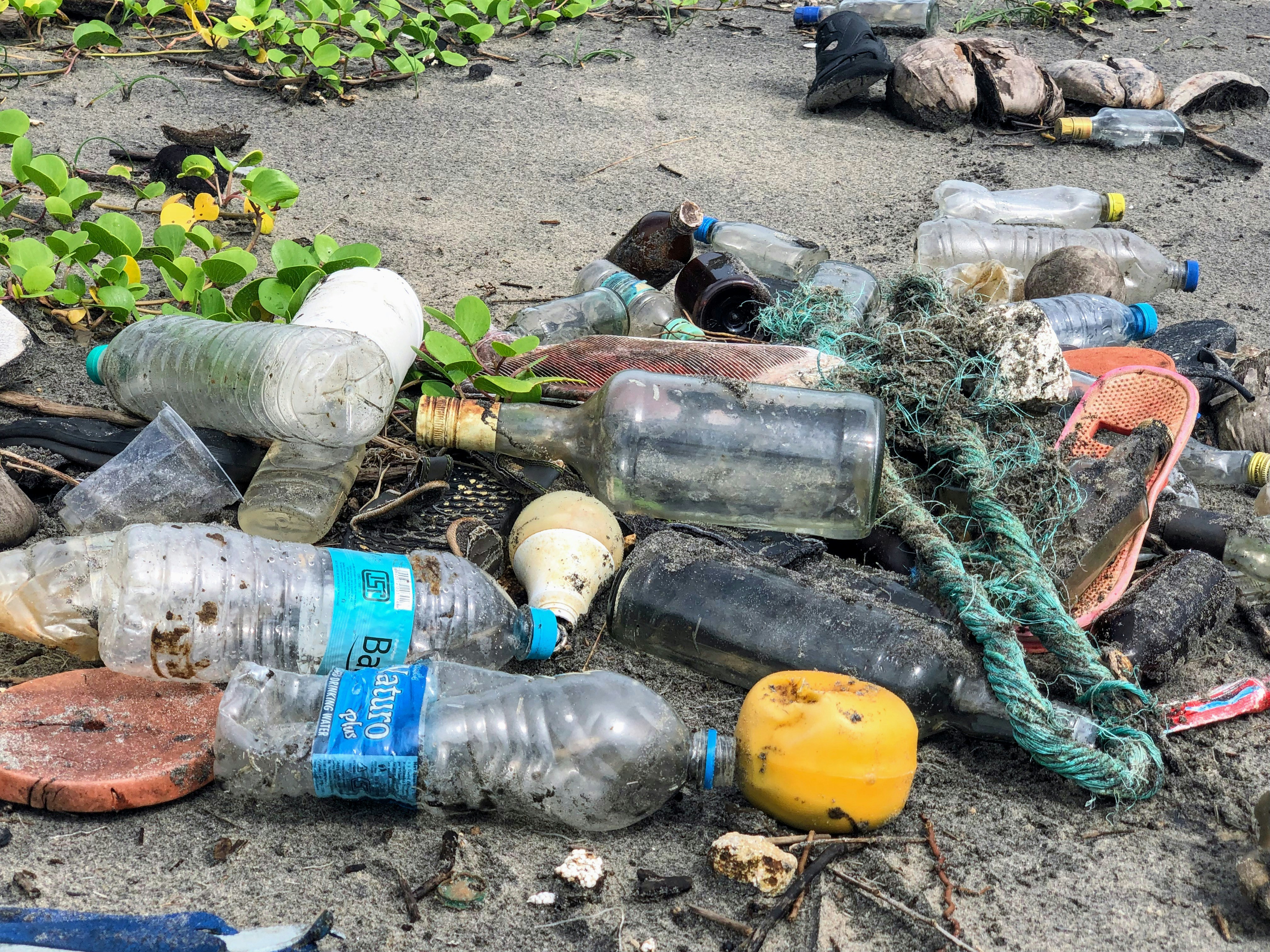What Is a Plastic Crusher Machine and How Does It Work?
Introduction to Plastic Crusher Machines
Plastic waste is a significant challenge in our world today. With millions of tons produced every year, finding efficient ways to recycle and manage this material has become crucial. Enter the plastic crusher machine—a powerful tool designed to tackle this issue head-on. These machines play a vital role in the recycling process by breaking down plastic products into manageable pieces, paving the way for new uses and applications.
Imagine transforming discarded plastic bottles, containers, and packaging into raw materials for new products. This not only reduces waste but also conserves resources and energy. Curious about how these machines work? Let’s delve deeper into their mechanics, types, benefits, and proper maintenance practices that can enhance their efficiency while promoting environmental sustainability.
The Working Mechanism of a Plastic Crusher Machine
A plastic crusher machine operates through a straightforward yet effective mechanism. It typically consists of sharp blades that rotate at high speeds, designed to shred plastic materials into smaller pieces.
When plastic waste is fed into the machine, these blades cut and grind it down. The size reduction depends on the type of screen used within the crusher. Different screens allow for varying output sizes, catering to specific recycling needs.
The crushed material then moves through a conveyor system or falls plastic crusher machine directly into a collection bin below. This process helps streamline recycling efforts by transforming bulky items into manageable fragments.
Most machines are equipped with safety features to prevent accidents during operation. Sensors and automatic shut-off systems enhance user safety while ensuring efficient performance across various types of plastics.
Different Types of Plastic Crusher Machines
Plastic crusher machines come in various types, each designed for specific applications. One common type is the single shaft shredder. It features a rotating blade that efficiently breaks down plastic materials into smaller pieces.
Another popular option is the double shaft shredder. This machine uses two parallel shafts with sharp blades to handle tougher materials and larger volumes of plastic waste.
Granulators are ideal for processing thinner plastics like film or sheets. They operate at high speeds and produce uniform particle sizes, making them perfect for recycling operations.
There are portable plastic crushers. These compact machines offer flexibility and can be easily moved between different work sites, providing convenience without compromising performance.
Selecting the right type depends on your needs, whether it’s volume capacity, material thickness, or space constraints. Each machine plays a vital role in enhancing recycling efficiency across industries.
Advantages and Disadvantages of Using a Plastic Crusher Machine

Using a plastic crusher machine comes with several advantages. It significantly reduces the volume of plastic waste, making storage and transportation easier. This efficient size reduction can help in various recycling processes.
Moreover, these machines enhance the production of recycled materials. By shredding plastics into smaller pieces, manufacturers can create high-quality raw materials for new products.
However, there are some disadvantages to consider as well. The initial investment cost can be substantial for businesses. Maintenance is another factor that requires attention; neglecting it may lead to decreased efficiency over time.
Noise pollution is also a concern during operation. Some models produce loud sounds, plastic crusher machine manufacturer which could impact workplace conditions if not managed properly. Understanding both sides helps users make informed decisions when investing in this machinery.
Common Uses for Plastic Crusher Machines

Plastic crusher machines play a vital role in various industries. They are commonly used in recycling facilities, where they process large volumes of plastic waste. This helps to reduce landfill contributions and promote sustainability.
Manufacturers also rely on these machines for production lines. By crushing scrap materials, companies can reclaim valuable resources and cut costs efficiently.
In the automotive industry, plastic crushers help manage off-cuts from production processes. The crushed material can be reused to create new components or products.
Moreover, businesses involved in packaging often utilize these machines to handle excess plastic film and containers. This not only minimizes waste but also enables them to generate secondary raw materials for future use.
The versatility of plastic crusher machines makes them essential tools across multiple sectors that prioritize environmental responsibility while enhancing operational efficiency.
Proper Maintenance and Safety Tips for Using a Plastic Crusher Machine
To ensure the longevity and efficiency of your plastic crusher machine, regular maintenance is key. Keep the machine clean by removing any debris or accumulated plastic particles. This not only helps in maintaining performance but also reduces fire hazards.
Check all moving parts frequently for wear and tear. Lubricating these components can prevent unnecessary friction, enhancing durability.
Safety should always be a priority when operating heavy machinery. Wear protective gear such as gloves and goggles to shield against sharp edges and flying debris.
Always follow the manufacturer’s guidelines for operation to avoid mishaps. Never overload the machine with materials that exceed its capacity; this could lead to mechanical failures or accidents.
Ensure that emergency shut-off mechanisms are functional before starting work each time. Being proactive about safety measures fosters a secure working environment while maximizing productivity.
Conclusion: The Importance of Recycling with Plastic Crusher Machines
Recycling is a crucial part of sustainable living, and plastic crusher machines play an essential role in this process. They help reduce the volume of plastic waste, making it easier to manage and recycle. By breaking down large plastic items into smaller pieces, these machines facilitate efficient recycling processes.
The environmental benefits are significant. Using a plastic crusher machine helps conserve resources by allowing for the repurposing of materials that might otherwise end up in landfills or oceans. This not only minimizes pollution but also promotes a circular economy where materials are reused.
Furthermore, industries can greatly benefit from incorporating these machines into their operations. Not only do they enhance productivity by streamlining waste management practices, but they also contribute to eco-friendly initiatives that resonate with consumers today.
Investing in a plastic crusher machine is not just about managing waste; it’s about fostering a cleaner planet for future generations. Every piece of recycled material contributes to reducing our carbon footprint and promoting sustainability on a global scale. Embracing such technology can lead us toward more responsible consumption habits while simultaneously addressing the pressing issue of plastic pollution.
